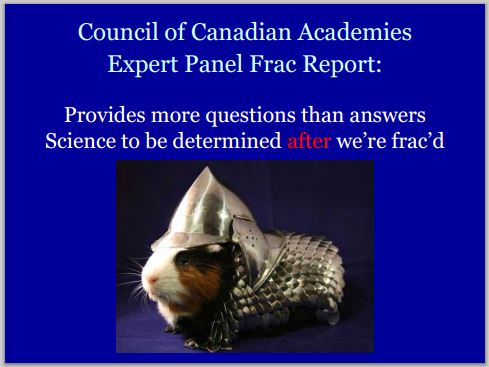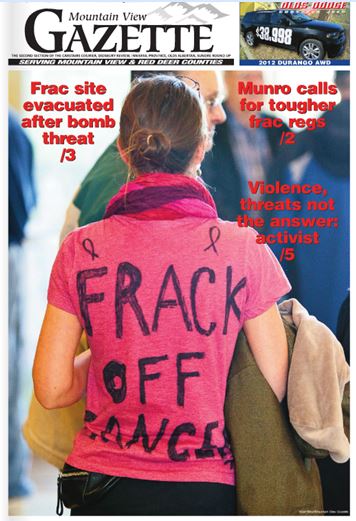Cancer Incidence and Mortality among Petroleum Industry Workers and Residents Living in Oil Producing Communities: A Systematic Review and Meta-Analysis by Felix M. Onyije , Bayan Hosseini, Kayo Togawa, Joachim Schüz and Ann Olsson. Academic Editor: Paul B. Tchounwou Int. J. Environ. Res. Public Health 2021, 18(8), 4343; https://doi.org/10.3390/ijerph18084343 Published: 20 April 2021
Download PDF
Abstract
Petroleum extraction and refining are major sources of various occupational exposures and of air pollution and may therefore contribute to the global cancer burden. This systematic review and meta-analysis is aimed at evaluating the cancer risk in petroleum-exposed workers and in residents living near petroleum facilities. Relevant studies were identified and retrieved through PubMed and Web of Science databases. Summary effect size (ES) and 95% confidence intervals (CI) were analysed using random effect models, and heterogeneity across studies was assessed (I2). Overall, petroleum industry work was associated with an increased risk of mesothelioma (ES = 2.09, CI: 1.58–2.76), skin melanoma (ES = 1.34, CI: 1.06–1.70 multiple myeloma (ES =1.81, CI: 1.28–2.55), and cancers of the prostate (ES = 1.13, Cl: 1.05–1.22) and urinary bladder (ES = 1.25, CI: 1.09–1.43) and a decreased risk of cancers of the esophagus, stomach, colon, rectum, and pancreas. Offshore petroleum work was associated with an increased risk of lung cancer (ES = 1.20; 95% CI: 1.03–1.39) and leukemia (ES = 1.47; 95% CI: 1.12–1.92) in stratified analysis.
Residential proximity to petroleum facilities was associated with childhood leukemia (ES = 1.90, CI: 1.34–2.70).
Very few studies examined specific exposures among petroleum industry workers or residents living in oil producing communities. The present review warrants further studies on specific exposure levels and pathways among petroleum-exposed workers and residents living near petroleum facilities.
Increased cancer risk for petroleum industry workers and people living near plants: New UN study by UN News, April 29, 2021
People working in the petroleum industry or living near petroleum facilities are at increased risk of developing several different cancer types, according to a new report by the International Agency for Research on Cancer (IARCWHO), part of the UN World Health Organization (WHO).
The findings add to increasing evidence of the health consequences of air pollution from petroleum extraction and refining.
Types of cancer risk
The review identified an increased risk of mesothelioma, skin melanoma, multiple myeloma, and cancers of the prostate and urinary bladder, and conversely, decreased risk of cancers of the oesophagus, stomach, colon, rectum, and pancreas.
A new review conducted by IARC scientists provides evidence that #petroleum workers & residents living near petroleum facilities are at increased risk of developing several different #cancer types #oil #petrol #WorldDayForSafetyAndHealthAtWork
@ilo #OSH https://t.co/lIco0Ojyy2 pic.twitter.com/Mc0RuvwvtY— IARC (@IARCWHO) April 28, 2021
Offshore petroleum work was associated with an increased risk of lung cancer and leukaemia.
Living close to petroleum facilities was also associated with an increased risk of childhood leukaemia.
Scientists in the Environment and Lifestyle Epidemiology Branch of the agency carried out 41 cohort studies, 14 case–control studies, and two cross-sectional studies to compile their review.
Their findings have been published in the International Journal of Environmental Research and Public Health.
More research needed  Ya sure, study us ’til we’re all dead.
Ya sure, study us ’til we’re all dead.
The authors point out that further studies on the effect of exposure to petroleum and its closest derivatives (e.g. benzene) are needed in order to identify how they modify cancer risk.
In particular, there is a need for targeted studies in under-researched areas of high petroleum production with presumably higher exposures.
The scientists argue that the best way forward may be an international consortium to guide new studies in Africa, the Middle East, and Asia, in order to harmonize how studies are carried out and how exposure is assessed.

Refer also to:
Thanks for nothing, Dr. Frac-enabler John Cherry and cowards Health Canada and Alberta Chief Medical Officers of Health
What is Dr. John Cherry Promoting: Science or Propaganda?

Why was a 2012 Health Canada Report, admitting significant health hazards and risks to groundwater and air from hydraulic fracturing, kept from the public? The feds have still not made this report public.

2012: Kimberley Mildenstein attending council meeting in Mountain View County where then councillor Maddy Munroe presented on frac’ing and called it “crimes against humanity.”
